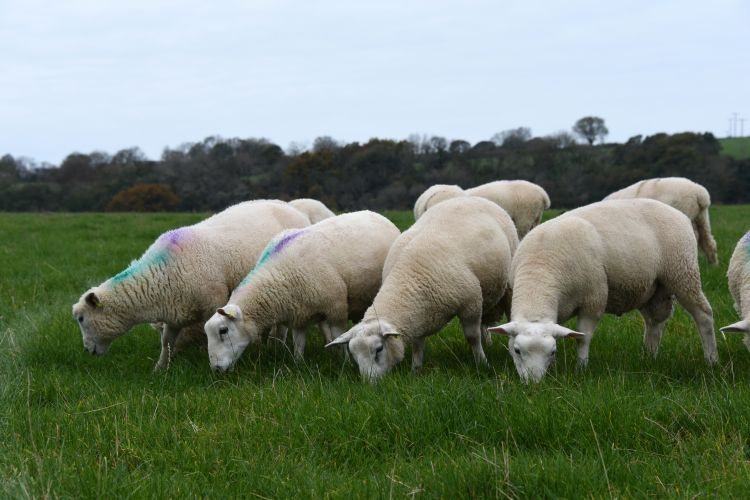
Grass-fed Welsh Lamb contains higher levels of protein-based amino acids and other nutritional benefits compared to lambs reared on a concentrate diet, a new study says.
Initial findings from recent analysis of PGI Welsh Lamb has revealed high amounts of amino acids which make up proteins, beneficial fats and minerals.
The Welsh Lamb Meat Quality Project's analysis was carried out on 24 lambs which were reared on two different diets, one being grass only, and the second a concentrate diet.
The meat was analysed for protein, amino acid and other nutritional content.
Scientists say the presence of essential amino acids is important, as humans can only obtain such nutrients through food consumed as part of their diet.
Essential amino acids are at the core of many vital processes within the body including muscle development and repair, and immune function.
Hybu Cig Cymru - Meat Promotion Wales’ (HCC) said the project's results were good news for producers and consumers.
“The results also showed that the samples taken from grass-fed lambs had significantly higher amounts of five healthy amino acids," Dr Eleri Thomas, HCC Meat Quality Executive said.
"This is good news for consumers and also for farmers who finish their lambs on grass, as grass is a sustainable efficient diet source.”
The nutritional analysis of the lamb samples is just one part of the testing taking place this year.
The project will soon recruit 480 consumers in three UK cities to be part of a 2,000 storing sample base that will taste and score the lamb on aroma, tenderness, juiciness and flavour.
Results collected from consumers from each year of testing will be used to inform the Welsh red meat supply chain of farm and processing factors that may influence the purchaser’s preferences.
This consumer feedback will inform the sector on how to enhance the Welsh Lamb eating quality experience for the modern consumer.
